![]()
» Country’s Press under Dominance of Monopolists and Profiteers
The editorial of Mostaghel newspaper deals with the danger of the rise in the price of paper in Iran and its threats to the cultural community and products.
According to the editorial, the issue of the paper is not only vital to the press, but it is also very crucial for the domain of culture, books and many other fields. In consequence, the mere economic and profit-seeking approach to the issue of the paper in the country is absolutely wrong. The rise in the price of paper in the country harms the cultural community, which consumes paper, including publishers and newspapers owners.
The editorial continues: this will intensify the chronic disease of the publishing industry and the press. The rise in paper price will blow a severe damage to the culture in the society, because of its negative impacts on cultural products, while creating inflation in educational and health products.
The editorial warns that given the fact that tens of millions of students are the main consumers of the paper through purchasing course books, educational books, and notebooks, the rise in the price of paper will create inflation in the cultural market including the press, books and other products.
In conclusion, the editorialist asks the minister of culture, as well as minister of industry, mine, and trade, to not allow the condition of the publication and the press become more critical than it is, and save this field from intermediaries and monopolists.
An Editorial in “Mostaghel” on December 27, 2017
» Political Economy of Budget
Editorial of Jahan Sanat deals with unfair distribution of annual budget in Iran, in which, for example, billions of tomans are allocated to a religious library, and many other such institutes, while people are forced to pay out of their own pockets for medical costs, and insurance companies cover these costs less and less.
According to the editorial, Iran, for several decades, has had the opportunity to improve the production infrastructure, create prosperity, disconnect dependency on oil revenues and reform taxing system. Many conferences have been held and numerous workgroups have been formed in this regard. But to no avail.
The editorial continues, today everybody is aware of the condition of the country. The oil price has dropped, the condition of production is deplorable, and rent-seeking economy wastes a surprising amount of resources. Under such circumstances, Iran has a budget deficit, the government is heavily burdened, and employment crisis has put a lot of pressure on vulnerable groups of the society. What must be done?
The editorial adds: one can talk about large-scale changes, the necessity of fighting corruption, reforming the bureaucratic system, or talk about the necessity of democracy. But among all these, there is a need for fundamental restructuring in budget planning system – a restructuring which requires the political will of the establishment and is beyond the power of the governments in Iran.
The editorial concludes: the performance of institutes must be reviewed and they must receive budgets based on the social services they offer. The problem is that during several past decades, certain institutions have continually received their budgets, yet there are serious doubts about the performance and efficiency of these institutes.
An Editorial in “Jahan Sanat” on December 27, 2017
» 2021 and Crisis in Executive Branch
The editorial of Jahan Sanat looks at Iran’s political landscape and how both main factions, hardline principlists, and reformists, resemble each other in their domestic and foreign policies – an issue that has created a political deadlock in the country.
According to the editorial, the main political factions ruling over the country in past 3 decades do not have any meaningful differences with each other any longer. As for foreign policy, principlists and reformists, despite their differences, follow the general strategies of the establishment. This puts foreign policy beyond the governments, even though they are under its direct impact and must be accountable for it.
The editorial continues: even though there are differences in domestic policies of the two factions, there are no differences in practice. In economy, principlists and reformists both consider the only way to compensate budget deficit by reducing social services and increasing the price of fuels.
The editorial adds, neither of the two factions has done anything for reforming the taxing system, has any plans for fighting corruption, and can cut the budget of certain organizations – those organizations whose functions are not clear.
At the end, the editorial suggests, ‘let’s imagine it is the year 2021 and presidential election campaigns have started. What can these factions say about their programs that would make them different from the other one? How can they motivate people to vote for them?’ Changes in recent years have created deadlock for Iran’s executive branch, more than any other institutions, while the executive branch doesn’t have the ability to make essential changes in the status quo.
An Editorial in “Jahan Sanat” on December 25, 2017
» JCPOA’s geopolitical prospects for Europe
The editorial of Gahnoon daily focuses on the geopolitical importance of the nuclear deal (JCPOA) for Europeans from different angles. Some of the benefits of the JCPOA for Europeans, according to the editorial, include: its economic profits, its impact on the balance of political power in Iran, its implication for the idea of ‘global community’, and above all Europe’s role in regulating international system in future and avoiding ‘imprisonment in White House approaches’.
The editorial continues that JCPOA’s importance for EU is also because of the security issues in the Middle East. Europeans have in mind cases like occupying Iraq in the beginning of the new millennium, which resulted in a period of brutal violence, instability, the radicalization of Muslim youths all over the world, and the wave of asylum seekers and increases in terrorist measures in Europe.
The editorial goes on to say: EU is aware of Iran’s geopolitical and geostrategic capacities and is worried about the security consequences of Iran’s possible reactions to Trump’s anti-JCPOA policies in the critical region of the Middle East. Europe believes if JCPOA collapses, there might be a war in the Middle East, given the failure of diplomatic tools in managing the tensions between Iran and the U.S. Such a view holds that negative consequences of unmanageability of tensions in Iran-U.S. relationships will spread to Europe, which means JCPOA is not just tied to Iran’s future but is more or less related to the future of Europe as well.
The editorial concludes: Iran can play its role in creating security in the region while making ‘selling a security to Europe’ conditional on realizing JCPOA’s benefits within the power of this continent.
An Editorial in “Ghanoon” daily on December 24, 2017
![]()
♦ Lawmaker: If fuel price goes up, everything will become 50% more expensive

Hamadan MP Amir Khojasteh said, ‘we had promised people to give them the oil money, but with 2018 budget bill, we are taking money from people’s money.’ He added if fuel price goes up, there will certainly be a 45% to 50% rise in other cases as well. Khojasteh asserted that currently, the goods have gradually become 35% to 40% more expensive, and under these circumstances, ‘who is going to help people?’
Fars news agency
♦ Lawmakers propose: Allocating $1 billion to manufacturing military helicopters

Member of Defense Commission in the Parliament announced proposal of giving $1 billion loans to helicopter industries of defense ministry for manufacturing military helicopters. According to Abulfazl Hassanbeigi, National Security Commission has proposed giving $1 billion loans from foreign exchange reserves to industries for manufacturing military helicopters to meet the requirements of the Army and IRGC.
Tasnim news
♦ Motaheri warns: 100 thousand contexts needed for earthquake, but not manufactured
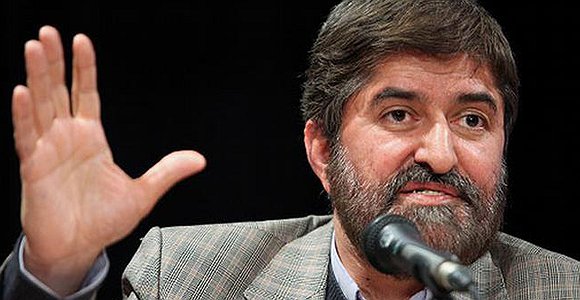
Deputy Speaker of Parliament Ali Motaheri said in the legislation ratified by the Parliament, it is explicitly stipulated that 100 thousand contexts must be manufactured and a certain number of tents must be prepared to be given to earthquake-stricken people in case of an earthquake. But, Motaheri added, this legislation has not been implemented completely. He said in past few years, enough attention has not been paid to this legislation, which binds the government and certain institutions with certain duties in this regard.
Khabar online
♦ Signing finance contract between Iran and Russia
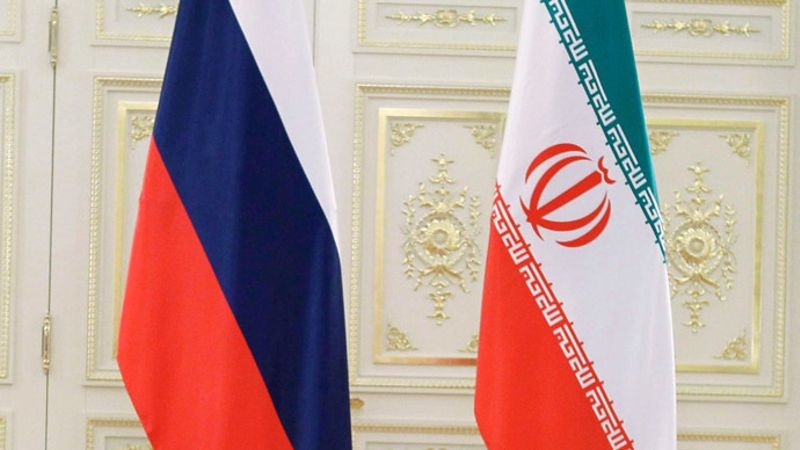
International finance contract was signed between 4 Iranian banks and Eximbank of Russia. According to the Central Bank, following the signing of memorandum of understanding between Iranian Central Bank and Russian Agency for Export Credit and Investment Insurance (EXIAR) in October, the contract between 4 Iranian banks of Sepah, Export Development Bank of Iran, Parsian, and Pasargard and Eximbank of Russia was signed with no limits. This contract provides banking facilities from Russia to implement civil and manufacturing projects in Iran.
Arya news
♦ 6 million Iranians with no insurance

Minister of Cooperatives, Labor and Social Welfare Ali Rabiei announced that 6 million Iranians do not have any insurance, asking for allocating sustainable resources to Social Security Organization. Rabiei said problems facing the health reform plan are because sustainable resources have not been considered for it.
Anatoli news agency
♦ Sariolghalam criticizes JCPOA
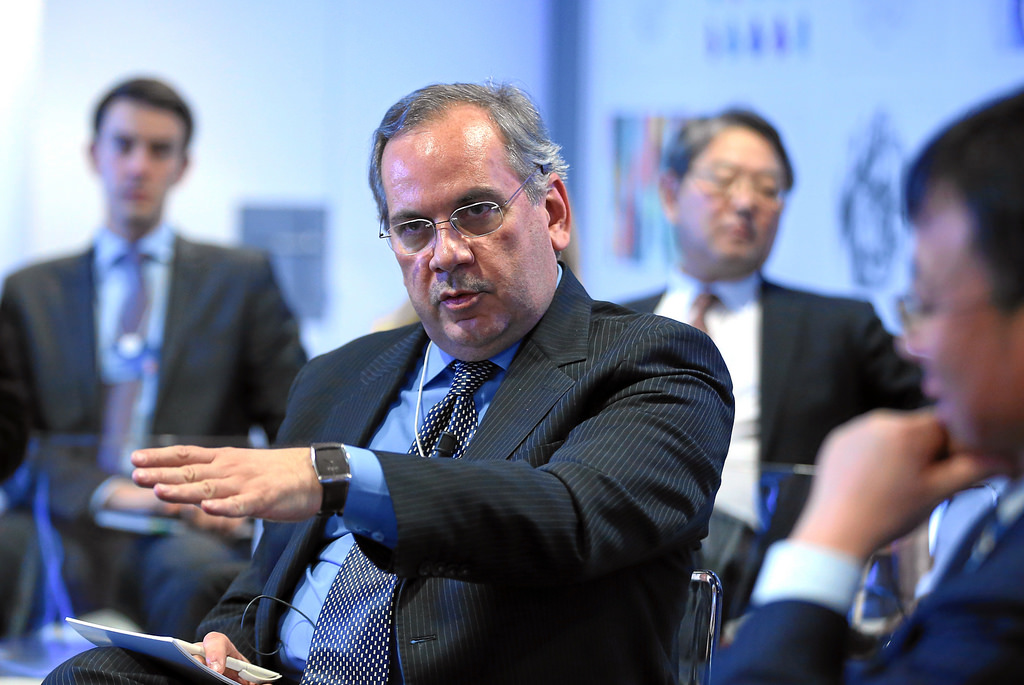
Mahmoud Sariolghalam, professor of Shahid Beheshti University and a close person to Hassan Rouhani, made criticisms regarding the nuclear deal (JCPOA), saying these negotiations were not according to international knowledge. Sariolghalam, who is believed to be the designer of the foreign policy of Rouhani’s government, said if Iranian foreign ministry had used an international advisor, these negotiations would have become fruitful.
Vatan Emrouz
♦ Economic experts: 2018 budget, anti-employment
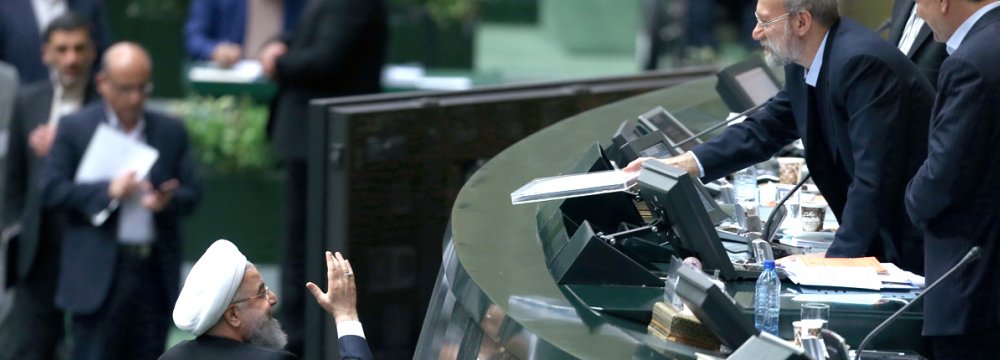
The budget bill of 2018 can be called ‘anti-employment’, because economic experts admit that this budget will create inflation which, in turn, will create more unemployment. In 2018 budget bill, the government claims to provide the costs of creating employment from increasing fuel price, development funds, and other resources, but experts believe that this will not only not create employment, but will end in losing job opportunities. They consider an uncontrolled increase of inflation the main cause.
According to Mahmoud Jamsaz, the economic expert, the statistics offered by different institutions about absolute poverty show that government officials have not a correct understanding of concepts of poverty, absolute poverty, and relative poverty.
Tejarat online
♦ Illiteracy statistics in Sistan and Baluchistan province

Head of Literacy Organization Ali Bagherzadeh said there is still 24% illiterate in Sistan and Baluchistan, adding that educating foreign citizens is on the agenda and is seriously followed up. Bagherzadeh continued that according to 2016 Census, decreasing the error while registering in target groups and decreasing absolute illiteracy are some of the achievements of literacy movement.
Arman Emrouz
♦ Lawmaker: Only IAEA can judge Iran’s commitment to JCPOA
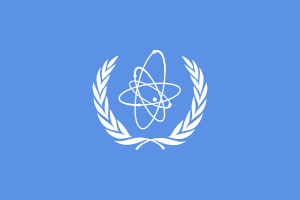
MP Javad Sadatinejad, member of hardline Velaee Fraction in the Parliament, said in response to allegations of 24 members of the U.S. Congress that only International Atomic Energy Agency (IAEA) can judge Iran’s commitment to the nuclear deal (JCPOA). These members of the U.S. Congress have reportedly sent a letter to U.S. Secretary of State Rex Tillerson, U.S. Defense Minister James Mattis, and Director of CIA Mike Pompeo, saying that Iran has violated provisions of JCPOA in 8 cases.
Icana news
♦ New appointments in Iranian government
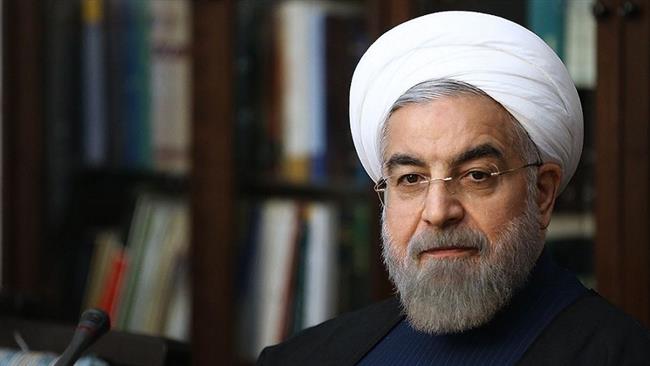
Hassan Rouhani issued separate decrees for Hosseinali Amiri, Akbar Torkan, Reza Faraji Dana, and Ali Yunesi. Ali Yunesi has been appointed as ‘Advisor to President in Ethnic and Religious Minorities Affairs’, Reza Faraji Dana as ‘Advisor to President in Science’, and Akbar Torkan to ‘Advisor to President in Renovation of Old Urban Texture and Unsustainability’.
Fars news agency
♦ Tehrani people felt lonely on earthquake night
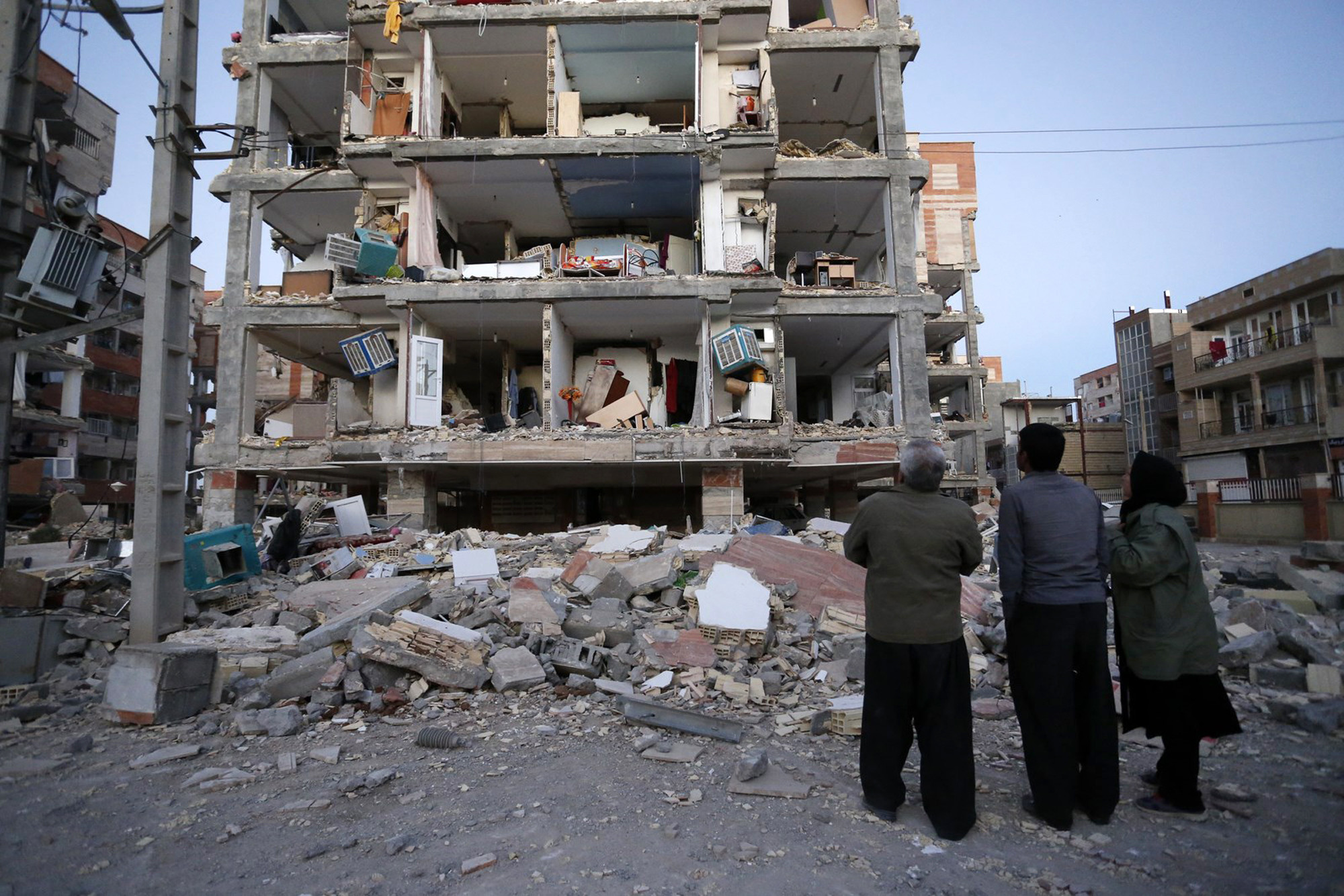
Ahmad Masjed Jamei, a member of Tehran City Council, said hundreds of thousands of people slept in parks, streets, cars on the night of the recent earthquake, and they felt lonely. Masjed Jamei added Tehran is not in good conditions: there are earthquakes in it, its air is polluted, and the prices go up day by day. According to Masjed Jamei, on the night of the earthquake, people of Tehran felt lonely, and as a result, they felt anxious and stressed.
Ebtekar
♦ Inflation and fiat money, two challenges of Iran’s economy

Even though 11th and 12th governments have been able to control increasing acceleration of inflation, the continuous shadow of banks’ debts to the Central Bank puts pressure on Iran’s economy. This economy is now captivated by the banks’ debt, which is already considered as a big problem for the whole country’s economy in 2018.
Economic expert Mehdi Taghavi said in this regard that when the government faces a shortage of the money, it puts pressure on the Central Bank for creating money and giving loans to banks. This will increase liquidity, which will result in more inflation.
Tejart online
♦ Larijani: Terrorism in region not over
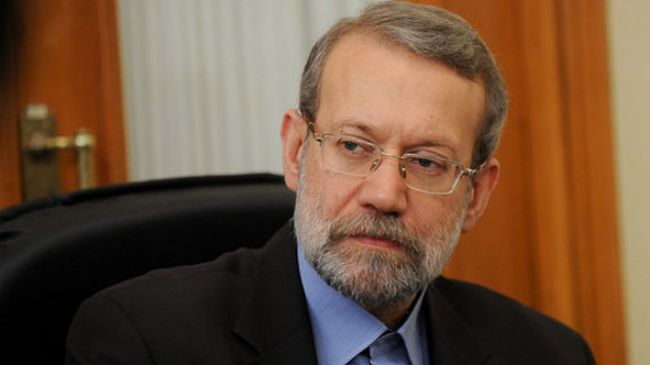
Speaker of Iranian Parliament Ali Larijani, on his way to Islamabad, Pakistan to participate in a conference of ‘Challenges for Confronting Terrorism’, said the issue of terrorism in the region is not over, even though ISIS is destroyed. Larijani added China, Russia, Turkey, Iran, Afghanistan, and Pakistan will take part in this conference whose main objective is to find ways for countering terrorism and following it up in different forms.
Mehr news
♦ Sayyari: Defending territorial integrity is everyone’s duty
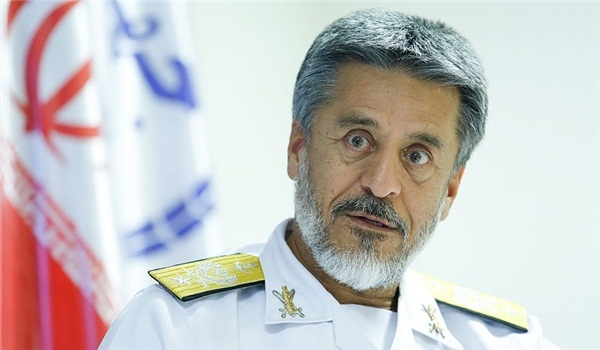
Army’s Coordinator Admiral Sayyari urged that according to missions assigned to Iranian Army, defending the territorial integrity and protecting the independence of Iran is ‘duty of each and every one of us’. Sayyari emphasized increasing and promoting the power of the Army of Iran in carrying out the missions successfully, saying ‘to protect our country against any threat, we must be present in land, sea, air borders so that no one dares to trespass them.’
Serat news
♦ Changes in Iran’s Foreign Ministry
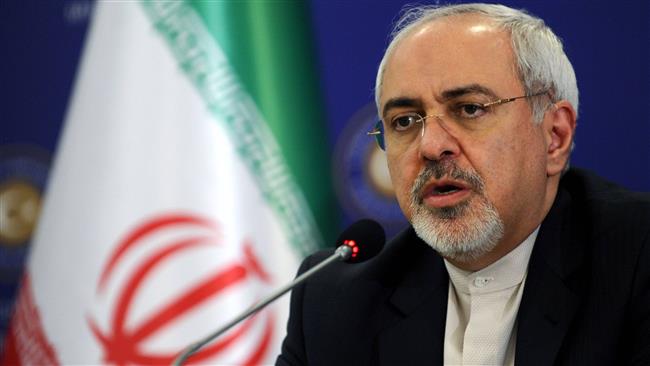
FM Mohammad Javad Zarif declared the executive order for implementing changes within the structure of the Foreign Ministry. According to this executive order, the changes will be implemented from January 20, and the decrees for deputies and new assignments will be issued this month. Previously, the officials of Foreign Ministry had said the changes in the structure of this ministry would be for making its ‘mechanism agile and giving importance to economic diplomacy’.
Tasnim news
♦ 19 million people suffer from poor housing
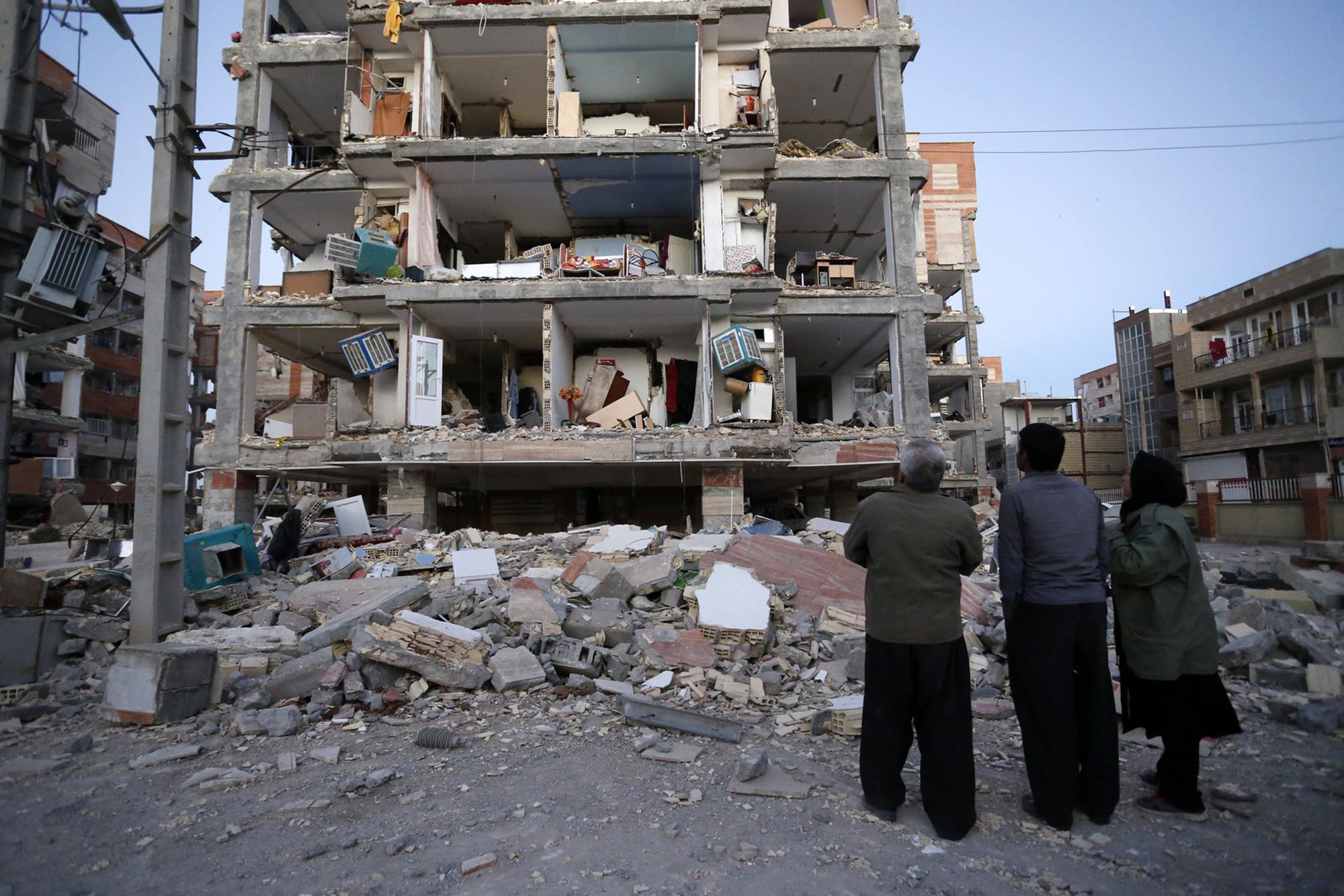
Minister of Road and Urban Development Abbas Akhondi said there are 19 million people in Iran who are suffering from poor housing, adding that ‘if we want to prevent security crises in the country, we must pay attention to the middle, old and marginal texture which exists in the city.’ Akhondi urged that sociologists have always warned with regard to social problems, and believe that this process will end with security issues.
Mardomsalari
